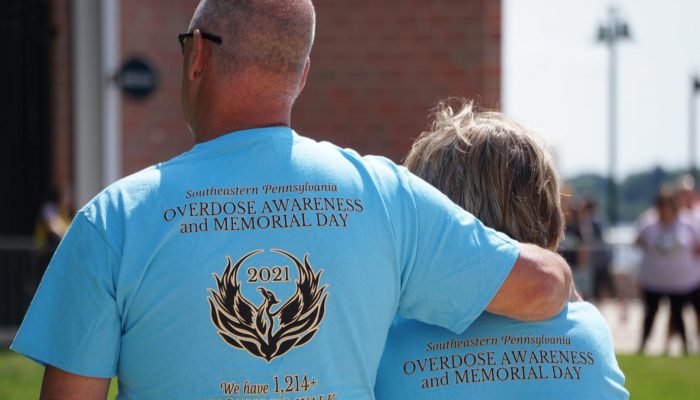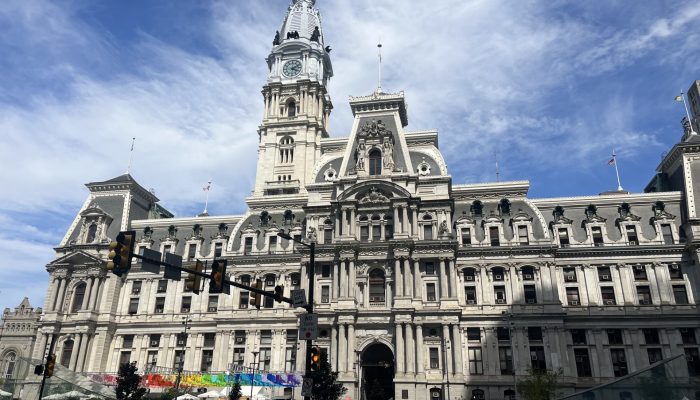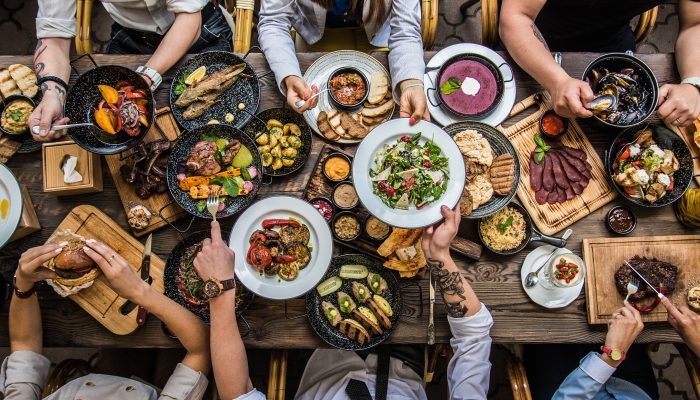In 2021, Philly HEALS (Healing and Empowerment After Loss), the Health Department’s Bereavement Care Team provided bereavement support to over 1,250 bereaved survivors in a variety of forms. Keep reading to learn more about the services provided and new programming for 2022.
In Philadelphia, the Health Department reported 641 deaths due to substance use in just the first six months of 2021, which is a 10% increase from the first half of 2020 (total deaths in 2020 were over 1,200). Consider that, for every person, there are at least ten people in Philadelphia grieving this person’s death. Death due to substance use is often stigmatized and can lead grievers into more complex and isolating grieving. Although grief is the normal and natural reaction to loss, if bereaved survivors are not supported by family, friends, or professionals, the grief experience can lead to physical and mental health concerns.
PhillyHEALS offers bereavement support services to individuals following the loss of a loved one due to substance use. The team offers individual and family grief counseling sessions, peer support groups, supportive phone calls, advocacy, and other interventions.
In the past year, approximately 1,500 unique bereavement support services were provided virtually in both English and Spanish. The program is grant-funded, and all services are provided free of charge.
Additional services for grieving adults coming this spring — sign up now
This January, PhillyHEALS started a new peer support group format, as well as a psychoeducational workshop series. Recruitment is open for the next group cycle that will begin the at the end of April. This group, and future groups, will meet weekly for six weeks. To learn more or sign up, visit the virtual peer support group info page.
Mark your calendars for our psychoeducational workshop series! To learn more about each workshop, and to sign up, please fill out this form.
- April 8, 2022 at 1:00 p.m. – Secondary Loss
- April 18, 2022 at 6:30 p.m. – Guilt, Regret, and Making Amends
Meet PhillyHEALS
If you or anybody you know is struggling following the loss of a loved one to substance use, you are not alone. The team is here to provide support and guidance through this difficult experience.
Led by Laura Vargas, MSW, LCSW, the team also includes Kaitlin Worden, MSW, LSW, who has been with the program since October 2020, and Shawanda Smith, MSW, LSW, who joined the team this past summer. The three clinicians have trained in, studied, and practice various grief counseling modalities.
When asked about her favorite part of facilitating the peer support groups, Smith states:
Seeing people make connections around a shared experience. Grief can be very isolating, but during the peer support groups people connect on feelings that they thought only they experienced, they come together and share ideas about advocacy and other things that they did not feel comfortable sharing with even their closest family members.
Vargas describes her counseling style as:
Primarily person-centered—the most important thing to me when starting work with a client is to establish rapport so that the client knows that no matter what, they are not alone, and I will be on there with them. While some clients prefer more of an open space to speak, process, and find meaning, others prefer more targeted interventions with specific activities. I weave various therapeutic techniques and modalities to meet each client’s unique needs.
In describing their favorite things about Philadelphia, the city that has made this program possible, Smith says, “We are a city that does not give up. We live in our adversity and we find ways around it. We face daily challenges and find ways to move better. We adapt to situations when the situation itself feels impossible to change.” While Vargas adds, “Most of the clients I work have a deep commitment to ensuring their tragedy does not happen to anybody else. The fact that despite being in likely some of the worst times of their lives, they can still think about others, to me, speaks volumes to this sense of community that is unique to the city.”



